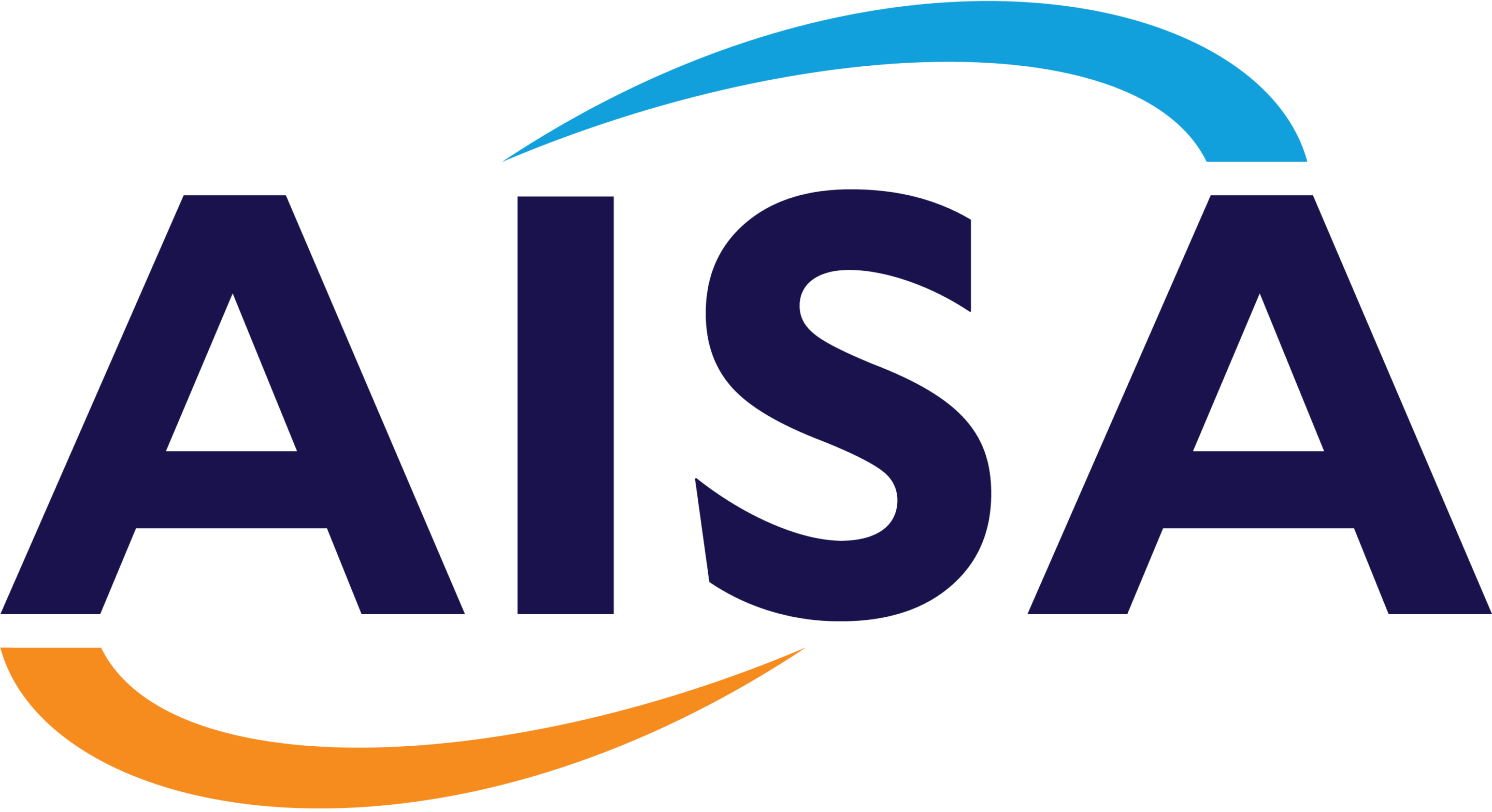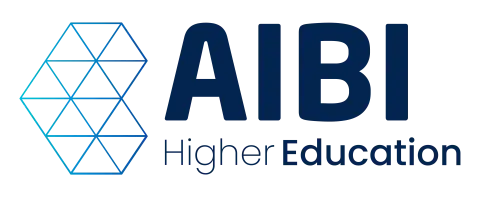Master of information technolgy in
Cyber Security
CRICOS: 117715D • Course ID: CRS1401734
Master of Information Technology in Cyber Security Specialisation
Launch your career in one of the world’s most critical and fast-growing fields.
The Master of Information Technology (MIT) with a Specialisation in Cyber Security is designed to equip graduates with the skills and confidence to thrive in today’s digital world. No prior IT experience is required.
This program offers the perfect pathway whether you’re pivoting into tech or aiming to specialise in cyber defence.
Built for beginners, shaped for experts
In the first year, you’ll build a strong technical foundation through introductory courses in networking, operating systems security, and database management systems. These units are carefully scaffolded to ensure accessibility for students from non-technical backgrounds.
Cybersecurity at its core
With a strong emphasis on technology and the human elements of cyber defence, you’ll gain critical skills in:
- Network security and digital infrastructure protection
- Ethical hacking and penetration testing
- Digital forensics and incident response
- AI-powered data analysis
- Cyber governance, legal frameworks, and ethical risk management
Real-world learning for real-world impact
You’ll engage in hands-on projects, simulated cyber-attack scenarios, and real-world case studies. Industry guest lectures and applied learning opportunities ensure you graduate with practical experience and job-ready capabilities.
Graduate with purpose
This program is purpose-built to prepare you for roles such as Cyber Security Analyst—the primary target role—along with opportunities in security architecture, threat intelligence, and data protection. With demand for skilled cybersecurity professionals skyrocketing across all industries, your future starts here.
Study Mode
On Campus, Online
Campus Locations
Sydney, Melbourne, Brisbane, Perth
Student
Domestic, International
Course Duration
2 years full time, up to 6 years part time for domestic students only.
Next Start Date
Fees & Scholarships
Industry Insights
Billion Dollars
Percent Higher Revenue Growth Rate
Percentage Business Leaders
Career Pathways – Master of Information Technology (Cyber Security)
With over 3.5 million cybersecurity roles projected to remain unfilled globally by 2025, the demand for qualified professionals in this space has never been greater.
The Master of Information Technology (Cyber Security) is designed to address this critical skills gap, equipping graduates with the knowledge and technical expertise required to excel in today’s fast-evolving digital landscape.
Backed by substantial Australian government investment in cybersecurity education and workforce development, this program aligns closely with key national and international standards, including:
- SFIA (Skills Framework for the Information Age)
- Cybok (Cyber Security Body of Knowledge)
- ACS CBoK (Australian Computer Society Core Body of Knowledge)
These frameworks ensure our graduates meet the expectations of industry, regulatory bodies, and employers, enabling them to take on critical roles in protecting data, systems, and digital infrastructure.
Primary Career Outcomes:
Graduates of the MIT (Cyber Security) specialisation will be well-positioned for a variety of high-demand, high-impact roles, including:
- Cybersecurity Analyst
Monitor networks, investigate incidents, identify vulnerabilities, and implement proactive security solutions to protect organisations from digital threats. - Security Engineer
Design, test, and maintain secure IT environments. Conduct risk assessments, perform penetration testing, and apply best practices in system hardening and threat mitigation. - Security Consultant
Advise organisations on cybersecurity strategy, compliance, and risk management. Customise security solutions and provide ongoing assessments aligned to industry standards. - Digital Forensics Investigator
Uncover, analyze, and present digital evidence related to cybercrimes or policy violations, supporting both internal investigations and legal proceedings. - Security Architect
Develop and implement robust, enterprise-wide security frameworks and infrastructure to protect complex IT systems and digital assets.
A Launchpad for Future Growth
Beyond these core roles, graduates will possess the versatility to work across a wide range of IT and data-driven environments.
The program’s emphasis on communication, teamwork, and strategic thinking ensures students can lead and collaborate effectively in multi-disciplinary teams.
Additionally, the course provides a solid foundation for pursuing further industry-recognised certifications such as:
- Certified Ethical Hacker (CEH)
- Certified Information Systems Security Professional (CISSP)
Whether you’re entering the field or upskilling to advance your career, the MIT (Cyber Security) program prepares you to thrive in a world where digital security is more critical than ever
Complimentary Student Memberships

AISA Membership
AISA is a nationally recognised peak body for cyber security professionals. AIBI HE students who study cyber security are eligible for a free AISA membership.

ACS Membership
ACS is the professional association for Australia’s technology sector and the largest community with 48,000+ members. All AIBI HE students are eligible to sign up for their free ACS membership.
Course Subjects
Master of Information Technology (Cyber Security)
The table below provides essential information for each core subject, code and title, description, and assessment tasks.
The workload is the same for all subjects:
3 timetabled hours per week (lectures and tutorials) and 9 personal hours of study for a total of 12 hours per week.
Year 1
Core ICT702 Programming Fundamentals
Core ICT702 Programming Fundamentals introduces students to the foundational concepts of computer programming. It covers key principles such as variables, data types, control structures, functions, and basic object-oriented programming. Designed for beginners, this subject provides hands-on experience in writing and debugging code, helping students develop problem-solving skills and a solid understanding of how software operates.
Core ICT703 Network Fundamentals
Core PMT701 Project Management (Agile)
Core ICT705 Database system analysis and design
Core CYB701 Cyber Security Fundamental & Ethics
Core ICT706 Network Security
Core ICT707 Information security management Elective IT Elective
Year 2
Core CYB702 Ethical Hacking and Penetration Testing
Core CYB703 Cyber Physical Systems and IoT Security
Core CYB704 Information Security and Cryptography Techniques
Core CYB705 Threat intelligence
Core CYB711 Cloud Security
Core CAP701 Capstone Project
Elective IT Elective
Choice of Electives
Elective CYB706 Digital forensics
Elective CYB708 Cyber ethics
Elective CYB709 AI and Big Data Security
Elective ICT708 Management Information Systems
Elective CYB710 Operating System Security
Electives - MGT602 - Managing Diverse Talent
Understand the challenges and benefits of managing a diverse workforce. Learn strategies to create inclusive work environments, improve employee engagement, and leverage diversity for business success.
Entry Details
Fees & Scholarships
Domestic students may be eligible for FEE-HELP; a loan scheme offered by the Australian Government that assists eligible students in paying for their higher education tuition fees.
Additionally, you may be eligible for one of our domestic scholarships, which rewards people who demonstrate resilience, passion and desire to achieve.
Speak to our team regarding our course fee structure, or scholarship options.
Eligibility Criteria
Entry details:
General Criteria All applicants for the for the Master of Business Administration (MBA – DT) and its nested awards the
Graduate Certificate and Graduate Diploma in Business Administration must satisfy the following.
requirements relevant to their status as either a domestic or an international applicant and be aged 18 years or over at the time of course commencement.
Previous Studies:
Successful completion of at least a Bachelor degree from an Australian higher education or equivalent
Fees & Scholarships
Contact our team regarding our course fee structure, and payment options.
Eligibility Criteria
Academic IELTS 6.5 (no band less than 6.0) or equivalent. Overseas and domestic applicants who have not studied at the secondary level in English, seeking admission into an AIBI HE course will need to demonstrate the required level of English proficiency.
Education:
Successful completion of at least a Bachelor degree or equivalent.
For more information on admissions criteria, visit our Applying to AIBI HE page.
Fees, Financial Assistance, and Your Investment
The program consists of 16 units delivered over 6 trimesters.
Introductory Pricing (First Two Intakes)
To support the launch of the program, we are offering an introductory fee discount:
INTERNATIONAL STUDENTS:
- Discounted Tuition: $2,700 per subject
- Total Introductory Cost: $43,200*
Standard Fee
- Standard Tuition: $3,375 per subject
- Total Estimated Cost: $54,000
DOMESTIC STUDENTS:
- Discounted Tuition: $2,231 per subject
- Total Introductory Cost: $35,700*
Standard Fee
- Standard Tuition: $2,625 per subject
- Total Estimated Cost: $42,000
We offer a range of financial support options, including:
- Scholarships & Discounts for eligible students.
- Corporate Sponsorships for professionals supported by their employers.
Speak to a member of our team for more information. https://aibi.edu.au/contact-us/
How to Apply
1
Choose Your Degree
Take your time and pick the course that excites you the most. You can always speak to our team before making a decision.
2
Check Admissions Criteria
Make sure you’ve got everything you need to apply by double-checking our admissions criteria. It won’t take long, we promise!
3
Apply
Fill out your application and hit submit! Our team will check over your application and get back to your as soon as possible.
4
Complete Enrollment
Wahey, you’re almost there!
We’ll just have to get a few final details before you’re officially an AIBI HE student.
FAQ’s
Will all classes be in-person?
Yes, all classes will be conducted in-person, and attendance is mandatory.
Note: This does not apply to domestic students who are enrolled in online study with AIBI HE.
How long is each academic year?
Each academic year includes three trimesters, each lasting 12 weeks.
What will my class schedule look like?
We normally hold your classes across 2 days. For instance:
Tuesday: Classes from 9-12 and then 1-4 or 1-4 and then 4.30-7.30.
Thursday: Class either from 9-12, 1-4 or 4.30-7.30.
Can I work while I study?
If you’re an international student, you can work 48 hours per fortnight during ongoing terms, and unlimited hours during holiday breaks.
Domestic students do not have a working cap.
Where are your campuses located?
We have campuses located in Sydney, Melbourne, Brisbane, and Perth.
You can view our campuses online, or request an in-person campus tour.
Is attendance mandatory for orientation?
Yes, your attendance is mandatory for orientation.
You will receive more details on your orientation after you receive your COE.

